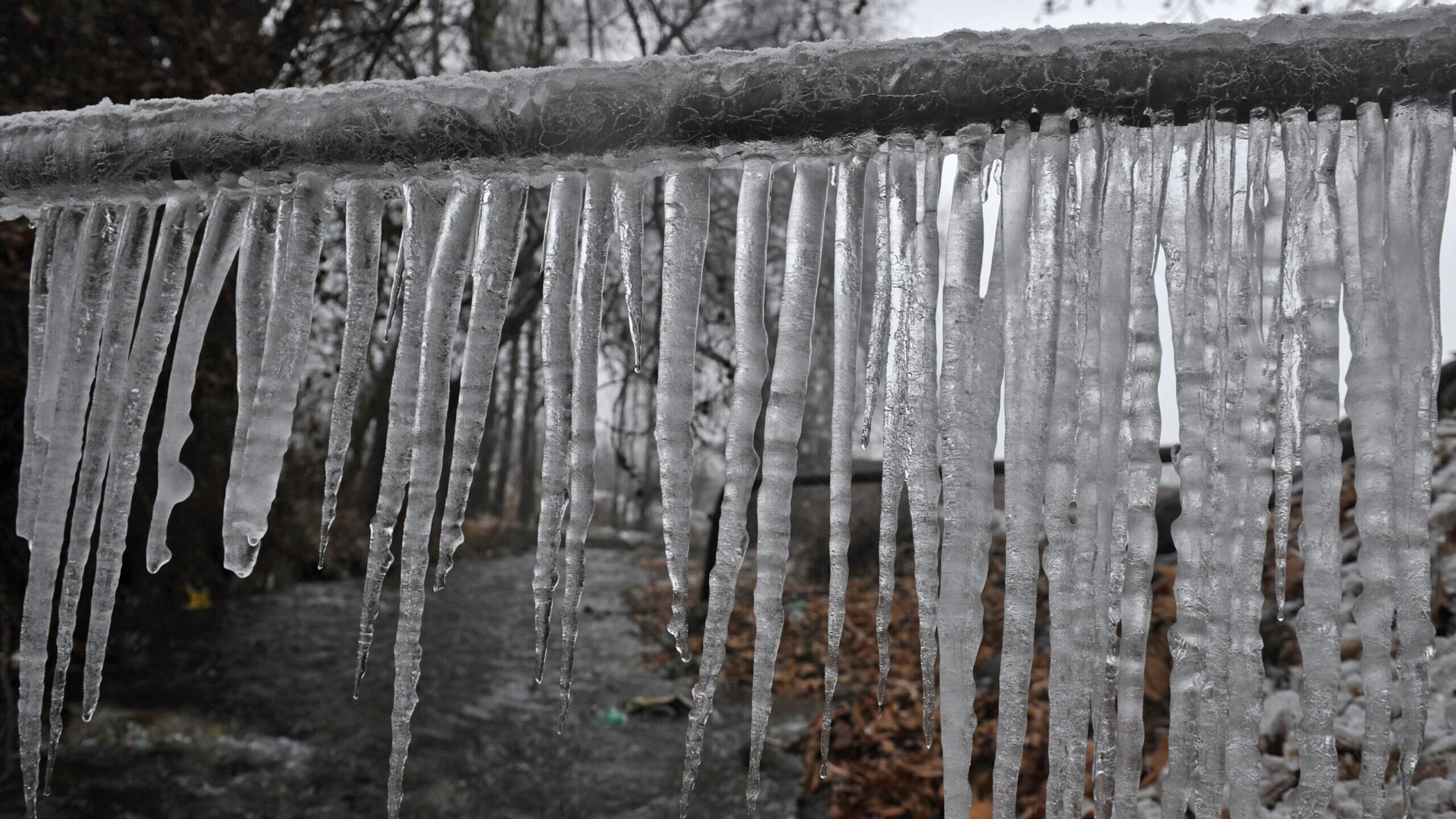They are making several great points relating to Winter Plumbing Precautions: Preventing Frozen Pipes in general in this post below.

Winter can ruin your plumbing, especially by freezing pipes. Below's just how to avoid it from taking place and what to do if it does.
Intro
As temperature levels drop, the threat of icy pipelines boosts, possibly causing costly repair services and water damage. Understanding exactly how to stop frozen pipelines is vital for homeowners in cold environments.
Comprehending Frozen Pipelines
What creates pipelines to freeze?
Pipes ice up when exposed to temperature levels below 32 ° F (0 ° C) for expanded durations. As water inside the pipes ices up, it increases, putting pressure on the pipeline walls and potentially triggering them to break.
Dangers and problems
Icy pipelines can cause water system interruptions, residential or commercial property damage, and pricey repair services. Burst pipes can flood homes and create extensive architectural damage.
Signs of Frozen Pipeline
Recognizing frozen pipes early can prevent them from bursting.
Exactly how to recognize frozen pipelines
Seek decreased water circulation from taps, unusual smells or sounds from pipelines, and noticeable frost on exposed pipes.
Prevention Tips
Protecting prone pipelines
Wrap pipes in insulation sleeves or use heat tape to secure them from freezing temperature levels. Concentrate on pipelines in unheated or exterior areas of the home.
Home heating strategies
Keep indoor rooms properly heated, particularly locations with plumbing. Open cupboard doors to permit cozy air to distribute around pipelines under sinks.
Safeguarding Outside Pipes
Garden tubes and exterior taps
Disconnect and drain yard hoses before winter season. Mount frost-proof spigots or cover outdoor faucets with protected caps.
What to Do If Your Pipelines Freeze
Immediate actions to take
If you believe frozen pipelines, maintain taps open up to relieve pressure as the ice melts. Use a hairdryer or towels soaked in warm water to thaw pipelines slowly.
Long-Term Solutions
Structural adjustments
Think about rerouting pipes far from exterior walls or unheated areas. Add added insulation to attic rooms, cellars, and crawl spaces.
Updating insulation
Invest in premium insulation for pipelines, attics, and walls. Appropriate insulation assists keep regular temperature levels and decreases the threat of icy pipelines.
Final thought
Preventing frozen pipelines calls for aggressive procedures and quick actions. By understanding the reasons, signs, and preventive measures, property owners can protect their pipes during cold weather.
Helpful Tips to Prevent Frozen Pipes this Winter
UNDERSTANDING THE BASICS: WHY PIPES FREEZE AND WHY IT’S A PROBLEM
Water freezing inside pipes is common during the winter months, but understanding why pipes freeze, and the potential problems it can cause is crucial in preventing such incidents. This section will delve into the basics of why pipes freeze and the associated problems that may arise.
THE SCIENCE BEHIND FROZEN PIPES
When water reaches freezing temperatures, it undergoes a physical transformation and solidifies into ice. This expansion of water as it freezes is the primary reason pipes can burst. As the water inside the pipe freezes, it expands, creating immense pressure on the walls. If the pressure becomes too great, the pipe can crack or rupture, leading to leaks and water damage.
FACTORS THAT CONTRIBUTE TO PIPE FREEZING
Low Temperatures: Extremely cold weather, especially below freezing, increases the risk of pipes freezing. Uninsulated or Poorly Insulated Pipes: Pipes located in unheated areas, such as basements, crawl spaces, or attics, are more prone to freezing. Insufficient insulation or lack of insulation altogether exacerbates the problem. Exterior Wall Exposure: Pipes running along exterior walls are susceptible to freezing as they encounter colder temperatures outside. Lack of Heating or Temperature Regulation: Inadequate heating or inconsistent temperature control in your home can contribute to frozen pipes. PROBLEMS CAUSED BY FROZEN PIPES
- Pipe Bursting: As mentioned earlier, the expansion of water as it freezes can cause pipes to burst, resulting in significant water damage.
- Water Damage: When pipes burst, it can lead to flooding and water damage to your property, including walls, ceilings, flooring, and personal belongings.
- Structural Damage: Prolonged exposure to water from burst pipes can compromise the structural integrity of your home, leading to costly repairs.
- Mold and Mildew Growth: Excess moisture from water damage can create a favorable environment for mold and mildew growth, posing health risks to occupants.
- Disrupted Water Supply: Frozen pipes can also result in a complete or partial loss of water supply until the issue is resolved.
WHY CERTAIN PIPES ARE MORE PRONE TO FREEZING
- Location: Pipes located in unheated or poorly insulated areas, such as basements, crawl spaces, attics, or exterior walls, are at higher risk of freezing.
- Exterior Pipes: Outdoor pipes, such as those used for irrigation or exposed plumbing, are particularly vulnerable to freezing as they are directly exposed to the elements.
- Supply Lines: Pipes that carry water from the main water supply into your home, including the main water line, are critical to protect as freezing in these lines can affect your entire plumbing system.
- Underground Pipes: Pipes buried underground, such as those connected to sprinkler systems or outdoor faucets, can be susceptible to freezing if not properly insulated.
https://busybusy.com/blog/helpful-tips-to-prevent-frozen-pipes-this-winter/

I hope you enjoyed our topic about Preventing and dealing with frozen pipes. Many thanks for taking time to read our article. If you liked our blog post if you please don't forget to pass it around. Bless you for your time. Return soon.
Call Today